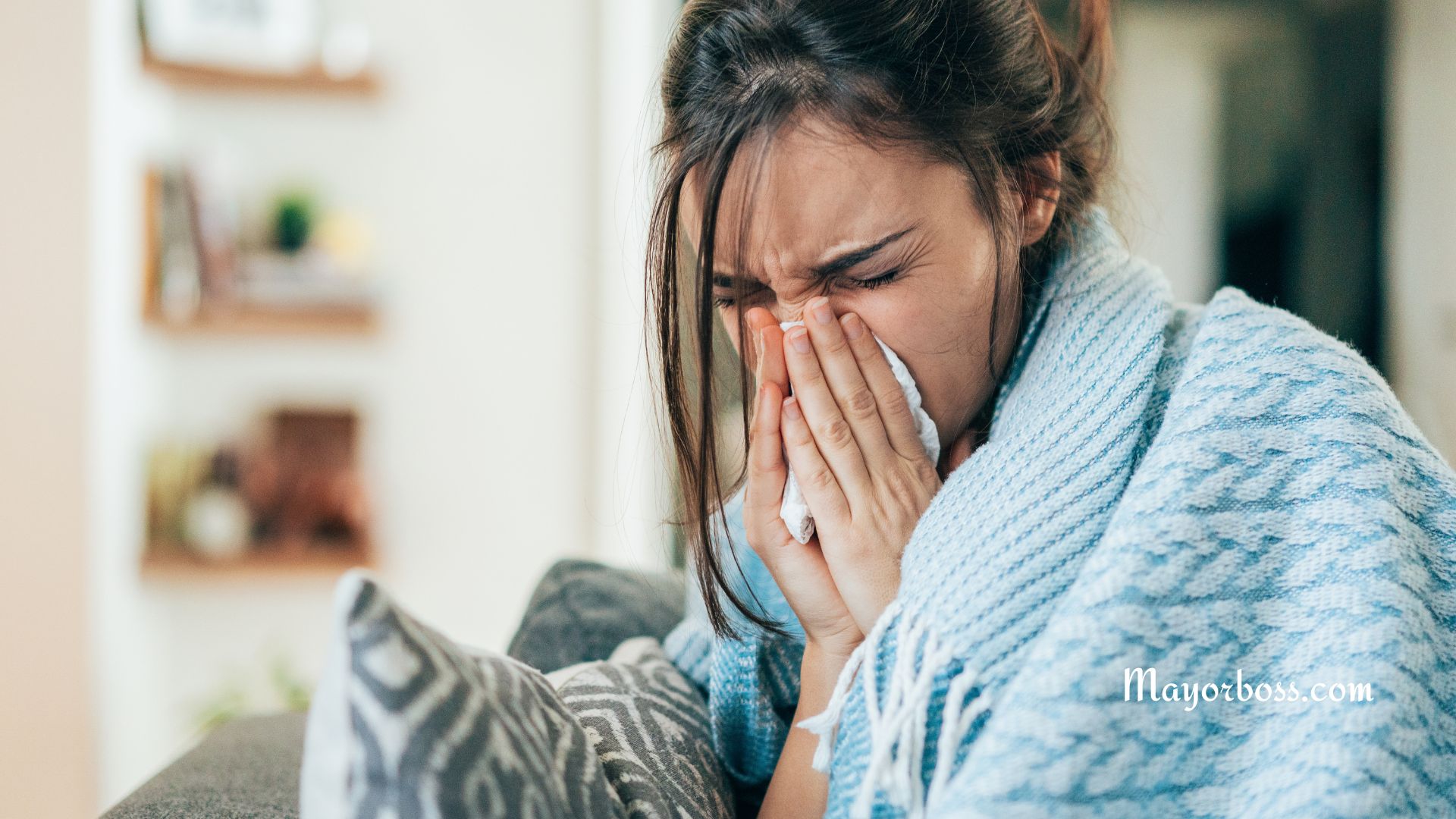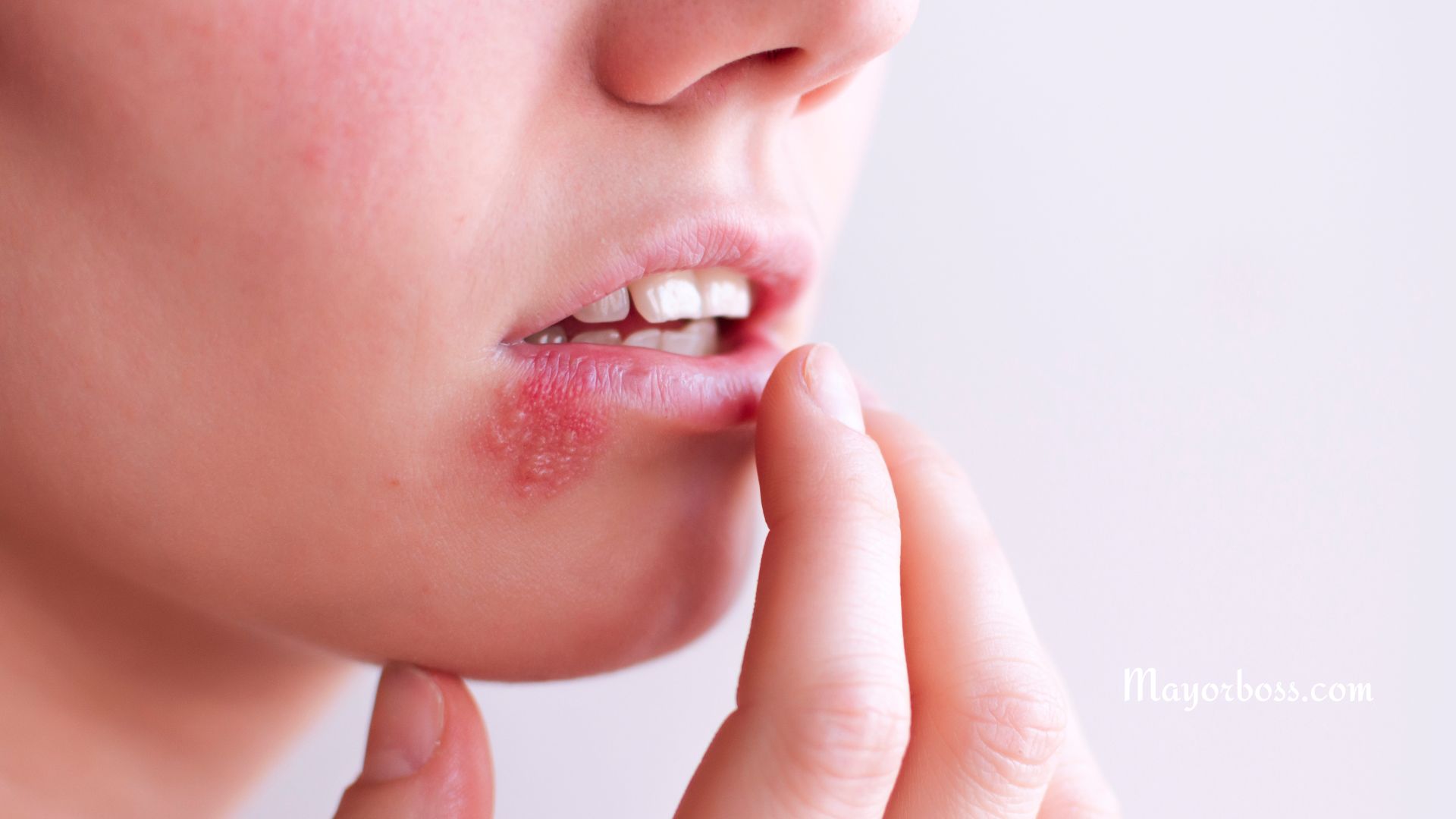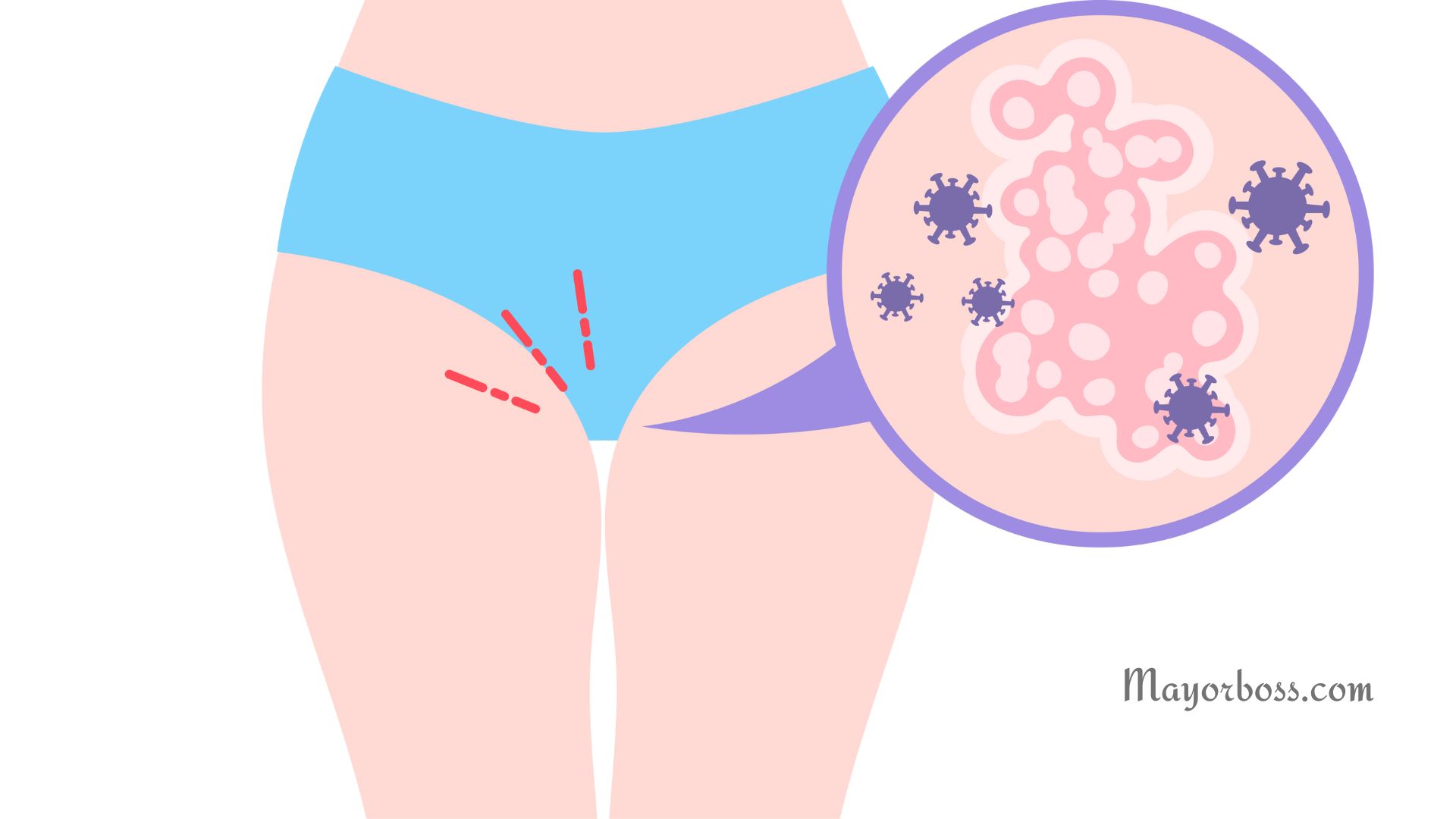What Are The Symptoms of Gonorrhea?
Gonorrhea, often referred to as “the clap,” is a highly contagious bacterial infection. Before diving into the symptoms, it’s crucial that you understand what exactly gonorrhea is.
What is Gonorrhea?
In simple words, gonorrhea is a sexually transmitted infection (STI) primarily caused by the bacterium Neisseria gonorrhoeae. It’s transmitted through unprotected sexual contact, be it vaginal, oral, or anal sex. Importantly, even if your partner shows no signs of infection, they can still pass on the bacteria.
The infection primarily targets your reproductive organs, but it can also affect your throat, rectum, and eyes. Pregnant women with gonorrhea can also pass the infection to their newborns during childbirth, which can lead to serious health complications for the baby.
Now that you have a better understanding of what gonorrhea is let’s dive into the various symptoms associated with it.
Initial Symptoms of Gonorrhea
Gonorrhea is infamous for its deceptive initial symptoms. In fact, some people may not experience any symptoms at all, which makes this sexually transmitted infection (STI) particularly sneaky. However, if you do exhibit early symptoms, they typically appear within 2 to 14 days of exposure.
Symptoms in Men
Men, I urge you to be vigilant for the following symptoms:
- Burning sensation during urination: This could be a strong indication that you have contracted the infection.
- Green, yellow, or white discharge from the penis: Unusual discharge is another major red flag.
- Painful or swollen testicles: This isn’t a common symptom, but it does occur in some cases.
Symptoms in Women
Ladies, you should be watchful for the following signs:
- Painful or burning sensation during urination: Similar to men, this can be a key symptom.
- Increased vaginal discharge: If it’s different from your norm, you should get it checked out.
- Vaginal bleeding between periods: This irregularity should be a cause for concern.
Later Stage Symptoms of Gonorrhea
Gonorrhea isn’t an infection you can just ignore, as it can lead to more serious symptoms if left untreated.
Symptoms in Men
Men, if you’ve neglected the early signs, you might experience the following:
- Inflammation or infection in the prostate: This can be extremely uncomfortable, causing fever, chills, and lower back pain.
- Infertility: Gonorrhea can lead to epididymitis, a condition causing inflammation in the tube at the back of the testicle that carries sperm.
Symptoms in Women
Women, neglecting initial symptoms could lead to:
- Pelvic Inflammatory Disease (PID): This is a serious infection that can cause permanent damage to the uterus, fallopian tubes, and other parts of the reproductive system. In some cases, PID can result in long-term pelvic pain and infertility.
- Ectopic pregnancy: The damage to the fallopian tubes could lead to pregnancy outside the uterus, which can be life-threatening.
Gonorrhea’s Impact on Other Parts of Your Body
It’s important to note that gonorrhea isn’t confined to the reproductive system. It can affect other parts of your body as well.
- Rectal infection: Symptoms here may include anal itching, soreness, bleeding, or painful bowel movements.
- Throat infection: Gonorrhea in the throat often doesn’t cause symptoms but may lead to a sore throat.
- Eye infection: Rarely, you might experience symptoms like sensitivity to light or eye pain.
When to Seek Medical Care
If you think you’ve been exposed to gonorrhea or have encountered an experience that put you at risk, you should seek medical care right away. It’s crucial to remember that early diagnosis and treatment can prevent more severe symptoms and complications.
Get Tested
Getting tested for gonorrhea is straightforward. It involves providing a urine sample or a swab taken from the area where the infection might be present, such as the throat, rectum, or genitals.
If you test positive, treatment typically involves antibiotics. With the right treatment, you can entirely get rid of the infection.
Just remember, having had gonorrhea once doesn’t make you immune to the infection. You can get it again. So, it’s important to discuss with your doctor ways to protect yourself and prevent gonorrhea and other STIs.
Keep this in mind. Prevention is always better than cure. Take appropriate steps to safeguard your health. Use protection during sexual activities, and if you notice anything out of the ordinary, reach out to a healthcare professional. After all, the quicker you identify the problem, the faster and easier it will be to treat.






